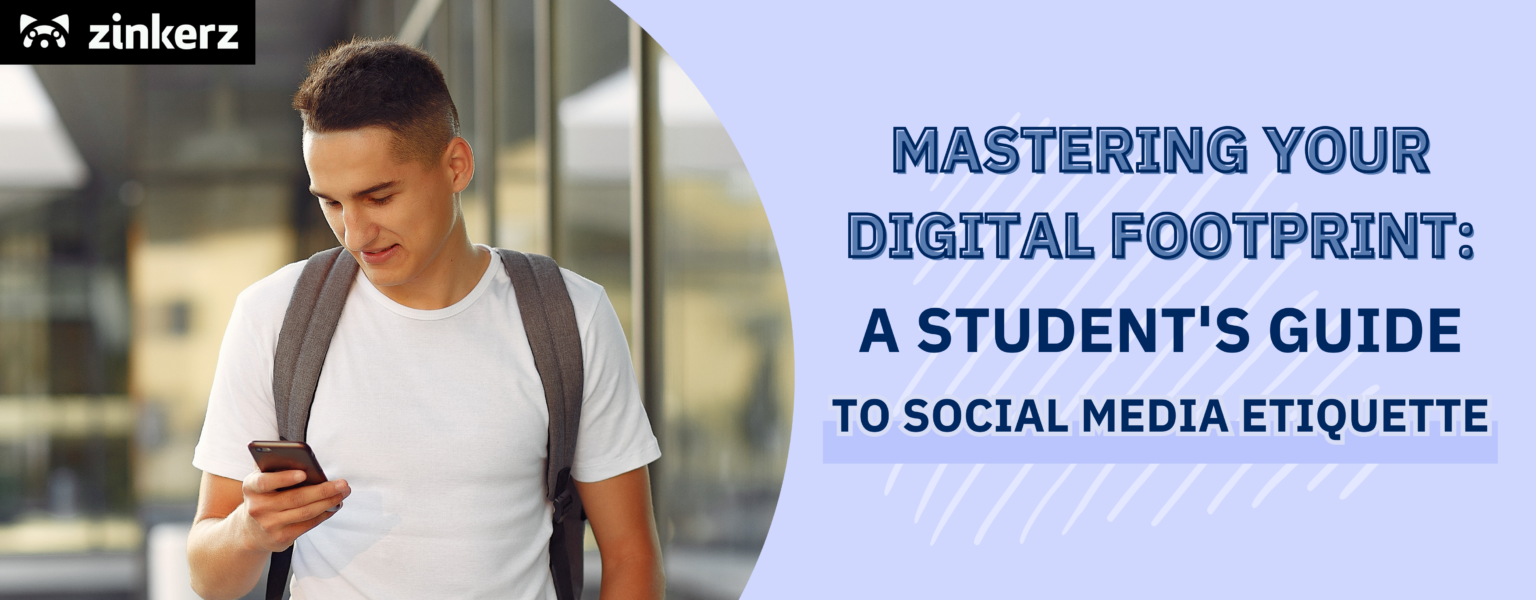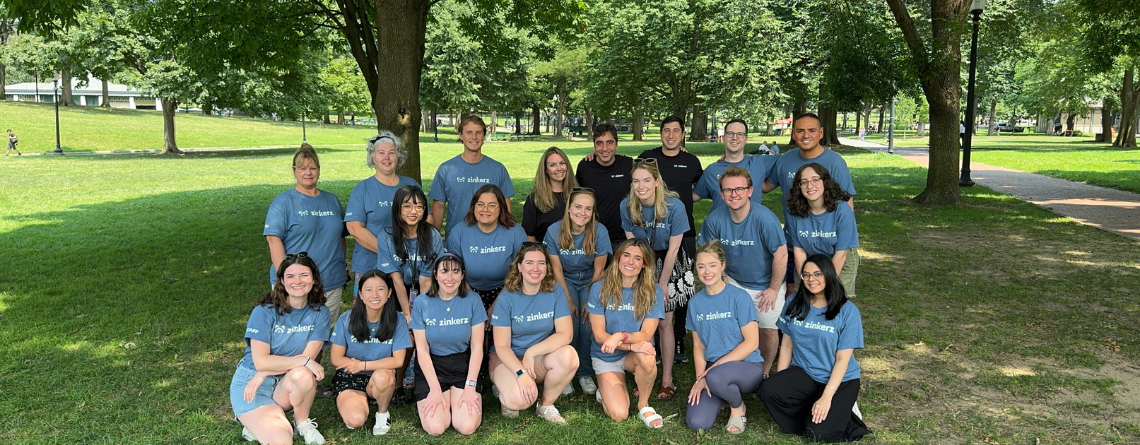Social media has become one of the most common places to communicate with friends and family, especially for college students. Not only has social media become a place for communication, but now users can create their businesses and brands just from a social media platform. Social media can be used for marketing, advertising, exploring job opportunities, promoting social opinions, networking, and much more.
Although social media has many perks, it can lead to trouble with the school and the law. Posts can also jeopardize job opportunities. A negative social media presence can deter companies from hiring a person. Graduate schools also look at a student’s social media presence when going through the admissions process.
Furthermore, an excellent social media presence includes setting boundaries for yourself. The people you follow and choose to see on your feed can impact your mental health. Setting boundaries when following users on social media platforms can create a positive experience when using social media. Zinkerz is here to help you prepare your social media for anything that comes your way. Here are some “dos and don’ts” experts recommend to students for proper social media use.
Do Promote Your Achievements
To promote your achievements, use social media to promote your accomplishments. Highlight your accomplishments, academic or extracurricular. Share your success stories, and attract potential opportunities.
Do Connect with Classmates and Faculty
Join groups and online communities related to your college, program, or interests. Engage in discussions, ask questions, and connect with fellow students and faculty members. This can enhance your learning experience and expand your network.
Do Make Sure Your Feed Represents You
Your social media presence is an extension of who you are, so you should assume employers will be looking at your profiles. Any insensitive content, for instance, related to race, religion, sexuality, or disability status, and generally any content that might reflect negatively on you. If there is anything special to your identity, show it on your social media profiles! Social media is a great way to show your true self to employers and universities.
Do Use Social Media to Learn
Social media is also a great way to show what field of study you are interested in. Depending on whom you follow, you can learn a lot about universities, fields of study, campus life, careers, and much more. Social media can also be used to understand world news and current events. Use social media to your advantage! Learn about schools and join groups with the same interests as you.
Do Be Intentional About Whom You Follow
Like the content you post, the people you follow can also be seen. Avoid following accounts that post sensitive or inappropriate content. Following accounts associated with your career and education can help students to be aware of job opportunities or university news. A student can also learn about company values when searching for a job.
Don’t Post Content with Drugs or Alcohol
Posting photos with illegal drugs or alcohol is something everyone on social media should avoid. Even if you are of legal age, it is not good to post content with drugs or alcohol on social media profiles. Not only does it give you a bad look, but it leaves other users and employers wondering about your habits. If you are part of a fraternity or sorority, be careful about what you post, as you would rather not bring negative attention to your profile.
Don’t Overshare Personal Information
Avoid sharing overly personal information on social media profiles. Not only does this give followers a more intimate view of your life, but it can cause safety concerns. Be careful never to share personal information, including address, phone number, or financial information, with anyone on social media.
Don’t Post Inappropriate or Offensive Content
Be careful about what you are posting, and always ensure it is appropriate for your profile. Refrain from posting anything considered offensive, discriminatory, or inappropriate. Remember that your online presence can impact your reputation, both personally and professionally.
Please Note that Social Media is a Public Forum
Even when posting to a private account, content can still be shared with a larger audience. For example, someone can screenshot something from your profile, even if you thought you were only sharing it with your small private audience. This can eventually float back up, causing issues with your social media reputation.
Remember, your social media presence is a reflection of your brand. By using social media responsibly and thoughtfully, you can leverage it to enhance your college experience and build a positive online reputation.



